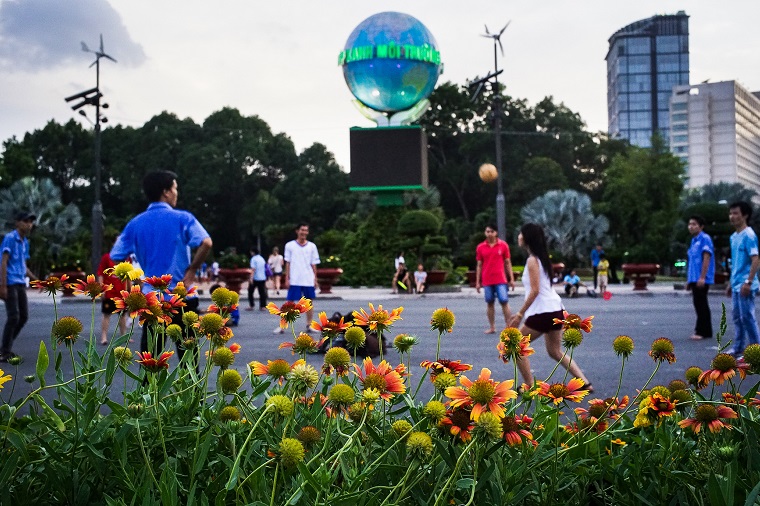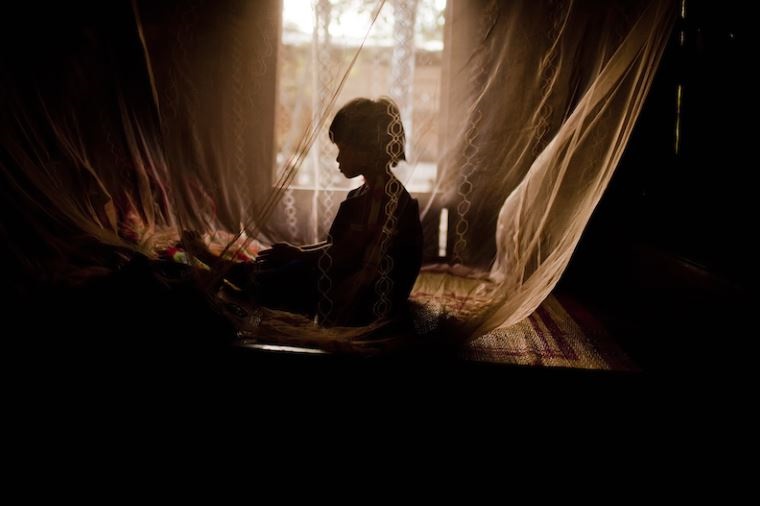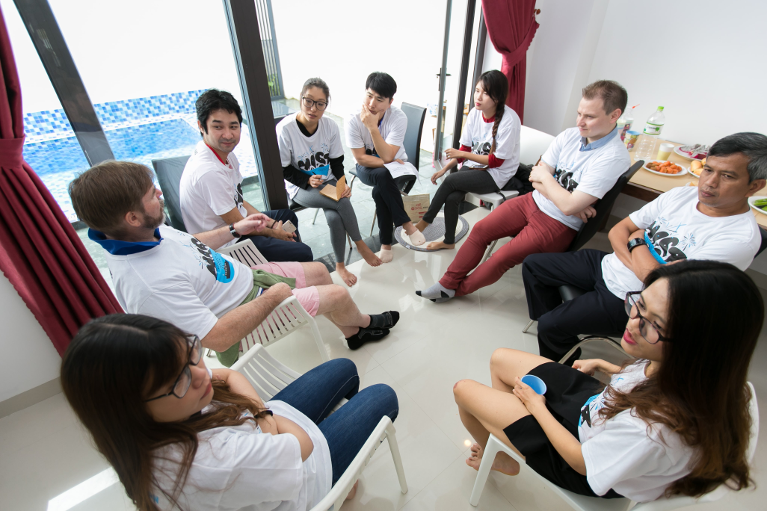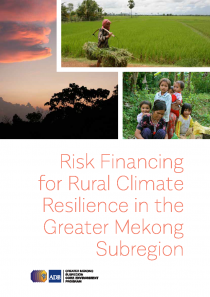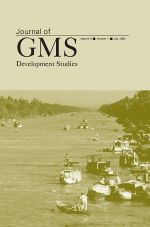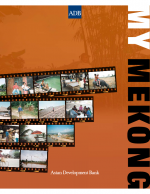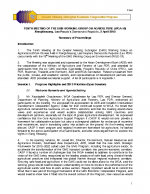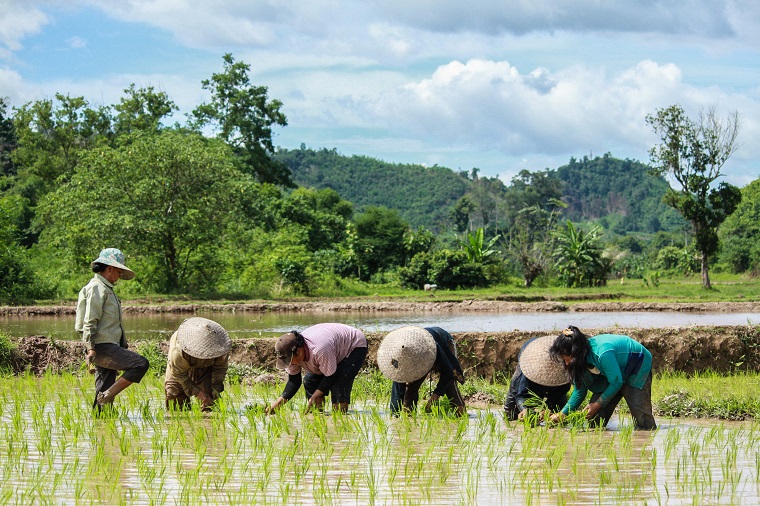
Rural communities in the Greater Mekong Subregion are vulnerable to climate-related disasters, such as floods, droughts, and storms. Risk financing can help people protect their livelihood and productive assets better through a combination of risk retention, risk sharing, and risk transfer mechanisms. Photo: ADB.
How Risk Financing Can Help Mekong Farmers Cope with Disasters
Risk financing can help at-risk communities better cope with the economic costs of natural disasters and extreme weather.

